

Max Davies
How Audi, BMW, Honda, Mercedes-Benz, and Suzuki started out in Australia, and where they are now
3 Hours Ago
The Australian Tax Office (ATO) has raised the threshold for fuel efficient vehicles significantly for 2021/22, ahead of the increase given to other vehicles.

Contributor
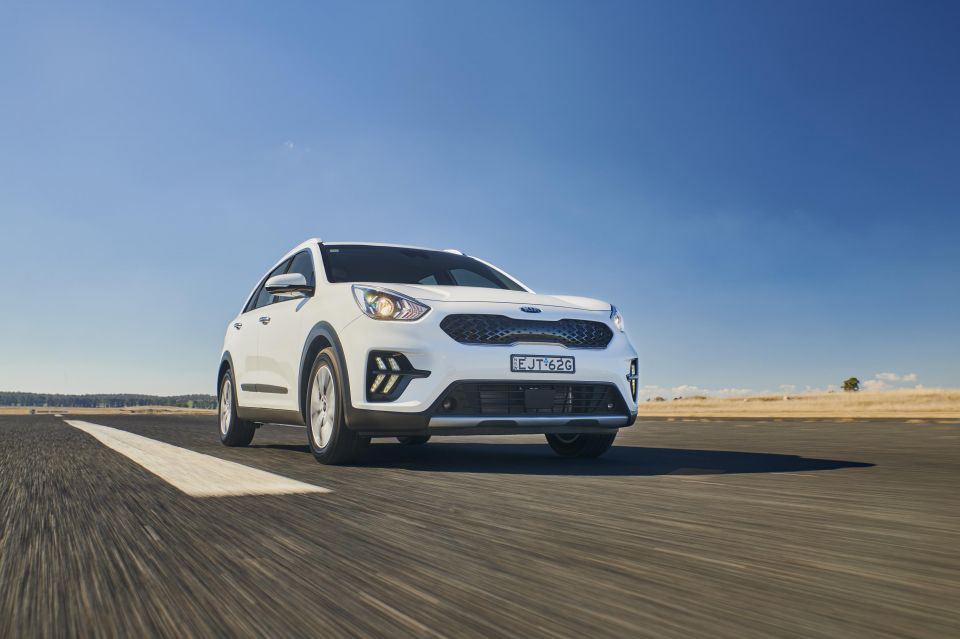

Contributor
Hybrid, plug-in hybrid, and electric vehicles are once again the winners in changes to Australia’s controversial Luxury Car Tax (LCT).
The LCTthreshold for vehicles with a fuel use claim below 7.0L/100km has once again increased significantly more than the threshold for other vehicles for the second consecutive year.
For cars labelled fuel efficient vehicles by the Australian Tax Office (ATO), the LCT threshold will be $79,659 for the financial year starting on July 1, 2021.
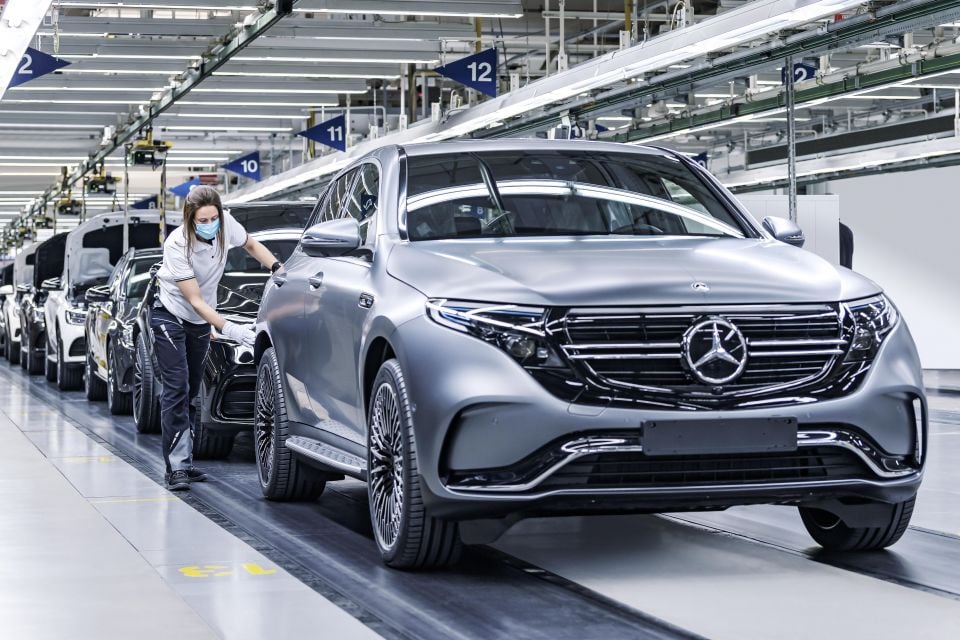
The increase of $2094 follows a $2039 jump for the 2020-21 financial year, and comes after a decade of incremental changes to the LCT for fuel efficient vehicles.
The threshold for electric and fuel efficient cars was raised by just $526 between 2009 and 2019, compared to the $10,345 jump for other vehicles.
For vehicles not classified as fuel efficient, the LCT threshold will be $69,152 from July 1, 2021 – up just $412 on the threshold for 2020-21.
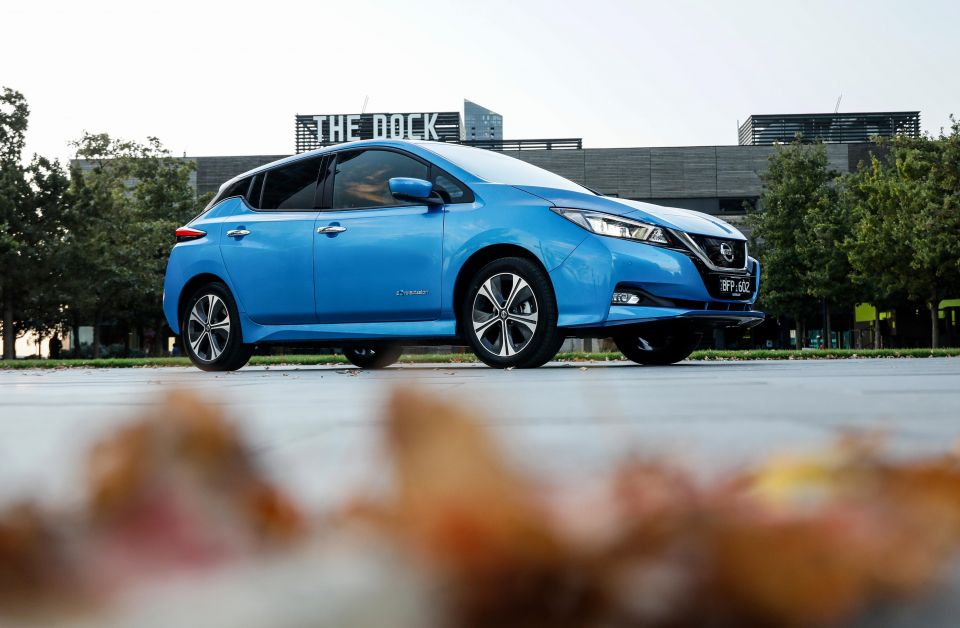
The Tesla Model 3 Standard Range Plus, Hyundai Kona Electric, Kia Niro, Nissan Leaf and Leaf e-Plus, and Hyundai Ioniq electric vehicles all currently slot below the threshold.
The LCT remains a 33 per cent tax on the amount of a car’s final retail value (including options, accessories, dealer delivery, and GST) over the ATO cut-offs.
It was introduced on July 1, 2001, as a 25 per cent tax. The tariff was increased to 33 per cent in 2008.
Scott Collie is an automotive journalist based in Melbourne, Australia. Scott studied journalism at RMIT University and, after a lifelong obsession with everything automotive, started covering the car industry shortly afterwards. He has a passion for travel, and is an avid Melbourne Demons supporter.


Max Davies
3 Hours Ago
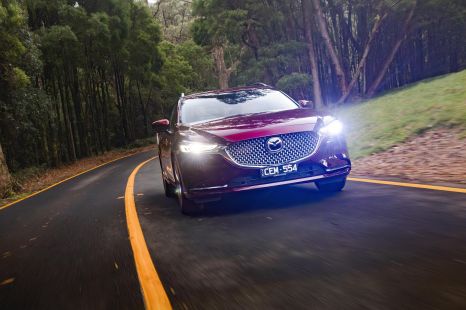

William Stopford
3 Hours Ago


Derek Fung
3 Hours Ago
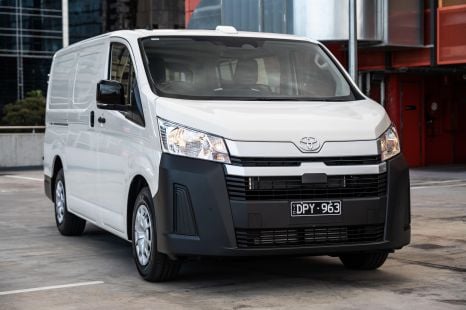

Max Davies
11 Hours Ago
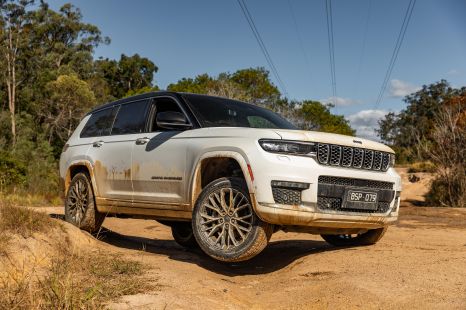

William Stopford
1 Day Ago
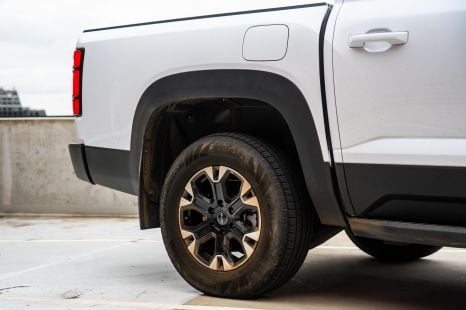

Ben Zachariah
1 Day Ago